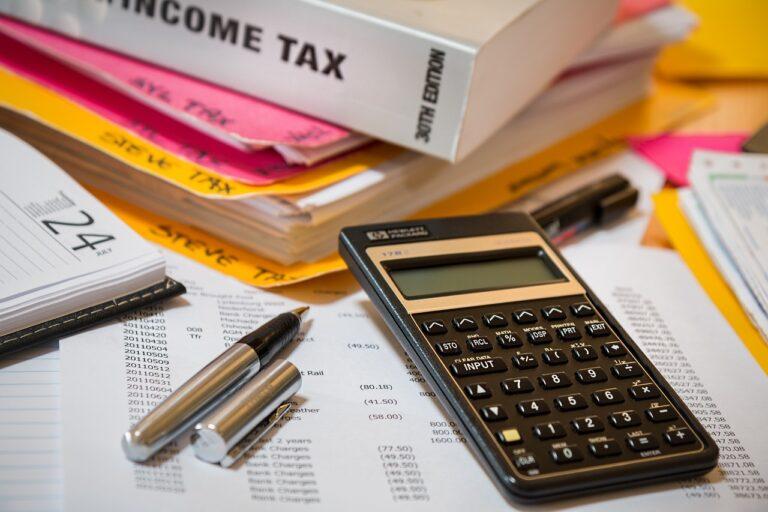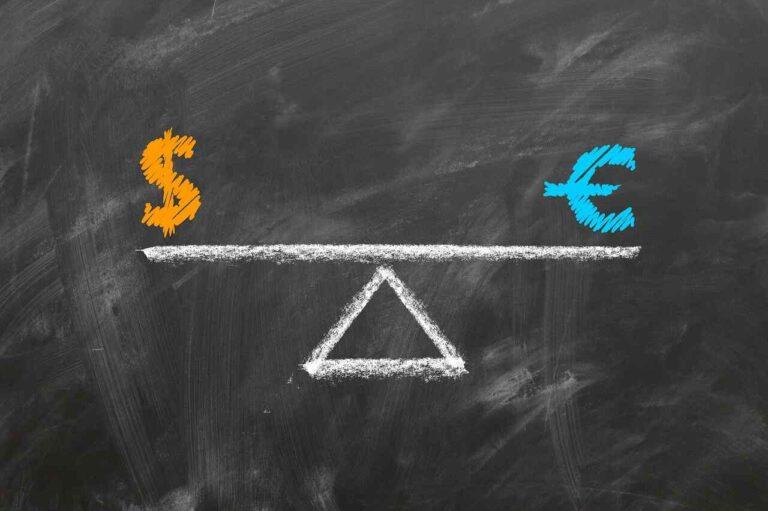What is Public Finance? Understanding Its Role, Importance, and Key Components
What is public finance
A vital subfield of economics, public finance addresses the function of the government in financial resource management of a country. Targeting to guarantee economic stability, fair distribution of wealth, and the provision of public goods and services. If we talk about what is public finance, it includes the study of government revenue, expenditure, and debt management. Public finance’s importance stems from its capacity to affect macroeconomic conditions, control economic activity, and promote sustainable development among other things. By means of certain fiscal measures, governments can solve economic problems including inflation, unemployment, and income inequality, so guaranteeing social and economic well-being.
Understanding how government actions affect an economy depends on knowing public finance, which is therefore crucial. Analyzing the processes by which governments gather income, distribute resources, and control spending helps one to satisfy their responsibilities toward society. Public finance differs from private finance in that it gives collective welfare first priority over personal profit maximizing. Public finance instruments are used by governments to support basic services such defense, healthcare, infrastructure, and education, thereby fostering long-term economic development and social stability.
Public Finance Objectives

By discussing what is public finance then public finance’s main goals are therefore those of guaranteeing stability, equity, and economic efficiency. One of its main objectives is the “effective allocation of resources’’, in which the government steps in to fix market imperfections and offer public goods possibly lacking efficiency in supply by the private sector. Public finance guarantees enough funding for basic services such transportation, education, and public health, so improving general society well-being.
Still another important goal is “redistribution of wealth and income’’. Progressive taxation and social welfare initiatives are used by governments to help underprivileged people financially and close income differences. Social security benefits, unemployment allowances, and subsidies among public finance systems help to lower economic disparity and guarantee a fair sharing of national riches.
Public finance likewise has as its main objective economic stabilization. By use of fiscal policies, governments control inflation, manage economic fluctuations, and advance consistent economic development. Authorities can reduce the negative consequences of economic booms and recessions by changing public spending and tax laws. Maintaining macroeconomic stability, building investor trust, and guaranteeing sustained economic growth all depend on public finance therefore in great part.
Public Finance Components
Highlighting the public finance definition, numerous main components fall in public finance, each of which is very important for economic development and financial administration. These elements comprise public debt, public spending, public income, budgetary control, and fiscal policy.
Public Revenue
Public income is the financial tools the government gathers to support its operations. Mostly derived from taxes, which form the backbone of government financing, it Direct and indirect taxes are two classifications for taxes. Direct taxes—like corporation tax and income tax—are paid to companies and people depending on their income. Goods and services are subjected to “indirect taxes’’ like value-added tax (VAT) and sales tax, which finally are paid by customers. These things are related to public finance, if we talk what is public finance.
Apart from taxes, governments also create money from “non-tax sources’’ including fees, fines, grants, and revenues of state-owned businesses. Non-tax income helps the government meet its financial needs so it may start welfare and development projects. Ensuring fiscal sustainability and effectively funding public services depend on public revenue collecting being effective.
Public Spending
Public expenditure is government spending for many social and economic projects. Two main forms are developmental and non-developmental expenditure. Investments in infrastructure, healthcare, and education—which support long-term economic development—are included in developmental expenditure under Conversely, non-developmental expenses include administrative expenses, defense budgets, and public debt interest payments.
Stimulating economic activity is considerably aided by government expenditure. For infrastructure projects, for example, more public spending creates employment possibilities and raises production. On the other hand, too high government expenditure without enough income creation could result in budget deficits, which calls for careful financial control and policy development.
Public Debt
Public debt is too related to definition of public finance, if we talk about what is public finance. When government spending exceeds income, public debt results and calls for borrowing either domestically or internationally. Public debt is divided into “internal debt’’ (borrowed from home institutions) and “external debt’’ (borrowed from foreign governments or financial organizations). Although borrowing helps governments fund development initiatives, too much reliance on debt could cause financial instability and higher interest responsibilities.
Maintaining economic stability depends on sustainable debt management, hence borrowing must not compromise this stability. Governments have to balance keeping fiscal discipline to prevent economic crises with using debt for development. Good debt management techniques comprise debt restructuring, deficit reduction, and improved income collecting.
public finance budgeting
A government budget is a financial plan for a given period showing expected income and spending. A basic instrument in economic planning, budgeting guarantees best use of resources and financial sustainability. Three varieties of budgets exist when we discuss about what is public finance.
The surplus budget lets the government preserve money for future needs since revenue surpasses expenditure.
2. Deficit Budget : Spending more than income calls for borrowing or monetary expansion.
3. Balanced Budget – Equivalent revenue and spending guarantees financial stability.
Good budgeting guarantees government responsibility and openness, therefore ensuring that public money is used for national development rather effectively. furthermore affecting economic growth, inflation management, and income distribution are budgetary measures.
Function of fiscal policy in public finance
Fiscal policy and its tools and objectives also reply to this question that what is public finance. Fiscal policy is government policies about taxes and expenditure meant to affect economic activity. In macroeconomic management, it is an indispensable instrument since it helps control inflation, employment rate, and economic development. Fiscal policy mostly uses two instruments:
Especially in recessions, “expansionary fiscal policy’’ entails higher government spending and tax cuts to boost economic growth.
Focusses on lowering government expenditure and raising taxes to lower inflation and control budget deficits in contractionary fiscal policy.
A good framework for fiscal policies guarantees economic resilience, increases output, and promotes long-term stability of economy. Fiscal policy and public finance are closely related since government financial choices immediately affect general economic performance.
Public Finance and Economic Development
The economic scene of a country is much shaped by public financing. Governments foster economic development by funding healthcare, education, and infrastructure as well as by Public finance shapes monetary policy, trade rules, and investment environments, therefore determining the general course of the economy.
Government financial actions support sustainable development, job creation, and reduction of poverty. Policies in public finance in line with sustainable development goals (SDGs) support equitable economic growth, social welfare, and environmental preservation.
Public Finance Challenges
Public finance suffers various difficulties during the discussion of what is public finance, including:
Budget Deficits — Constant deficits cause more borrowing and more debt loads.
Effective resource allocation and misappropriation of funds impede economic development in terms of corruption and mismanagement.
External economic shocks affect government income and fiscal stability, therefore influencing “Global Financial Instability”.
Dealing with these issues calls for sensible financial policies, openness, and strong government structures. Governments have to guarantee financial responsibility, curb unwarranted spending, and put effective revenue collecting methods into use.
Final Thought
Comprising income collecting, expenditure allocation, debt management, and fiscal policy execution, public finance is a necessary element of economic administration. It is absolutely essential for guaranteeing sustainable development, fair distribution of resources, and stable economy. Effective public finance plans help governments to reduce economic difficulties, promote development, and improve society welfare by means of their use. To reach national economic goals, however, effective management of public finance calls on wise policymaking, openness, and long-term financial planning. All above description is answer to what is public finance.
What are the main elements of public funding
Public finance is government revenue ( Taxes, fees, and loans), government expenses (public services, infrastructure, and welfare programs), budgeting, and public debt management.
How does public and private finance differ?
Whereas private finance concentrates on individual, business, and corporate financial problems, striving for profit and personal wealth management, public finance works with government financial management and public welfare.
Why is public finance’s tax importance
A necessary source of government income, taxes let authorities control economic activity by means of fiscal policies and finance public services, infrastructure, and social programs.







